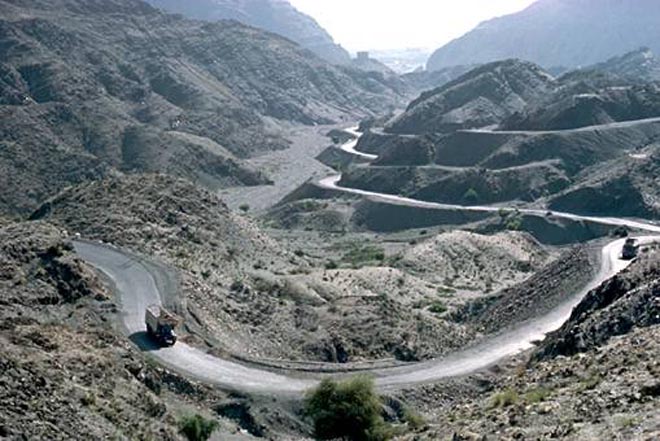Azerbaijan, Baku, Nov. 27 / Trend , V.Zhavoronkova /
Central Asian countries should develop a untied security strategy to prevent terrorism, Radio Liberty expert on Central Asia Bruce Pannier told Trend today in an e-mail.
"The cooperation and establishment of a common security strategy would be the best action that Central Asian countries could take to protect themselves from the terrorist threat from Afghanistan," the expert wrote.
The situation in Afghanistan is a major threat to the Central Asian republics, Kyrgyz Foreign Minister Kadyrbek Sarbaev said in Bishkek.
The minister stressed that terrorism and extremism "could undermine the development of new market economies in the region." In this regard, he said, "it is necessary to increase the participation of international and regional organizations in combating these threats."
Recently, the Taliban's presence in northern Afghanistan, which was previously considered the most stable areas in the country, has increased. Northern Afghanistan borders Central Asia, namely Uzbekistan, Turkmenistan and Tajikistan. The Taliban has also increased terrorist attacks against civilian and state agencies in the Afghan provinces of Kunduz and Balkh.
According to the expert, Central Asia faces a serious terrorist threat from Afghanistan.
"Terrorist organizations in Afghanistan have great potential to destabilize the situation in Central Asia and that is the real threat to the revitalization of terrorism activities," Pannier added.
According to the expert, developing countries such as Tajikistan and Kyrgyzstan are more vulnerable to this threat in the short-term, while Uzbekistan is less susceptible in the immediate stages.
Tajikistan is most prone to the threat of terrorism given problems protecting the border with Afghanistan, he said.
"Tajik security forces have already arrested several militants from the Islamic Movement of Uzbekistan this year and representatives of other groups, such as Jamaatul Tabligh," the expert added.
Pannier believes Central Asia should unify its efforts to combat the threat of terrorism. However, according to the expert, history has shown that these states will not work together.
"Each Central Asian government seem to prefer to deal with extremist groups independently," he said. "Central Asian countries repeatedly accuse each other of endangering security, rather than offering assistance to neighboring countries to neutralize these threats."
All five states have tried to expand their capabilities individually to combat terrorism, but they do not have a regional plan to neutralize these threats, he added.
Foreign countries also may assist these countries to combat terrorism.
"In the matter of strengthening national security, Central Asia could rely on the big 'troika' - China, Russia and the U.S.," the expert believes.
In his opinion, these three countries are likely to push Central Asian states to cooperate more closely with each other in the event of serious threats from terrorists, providing logistical support to each others' local forces.
Do you have any feedback? Contact our journalist at: [email protected]






